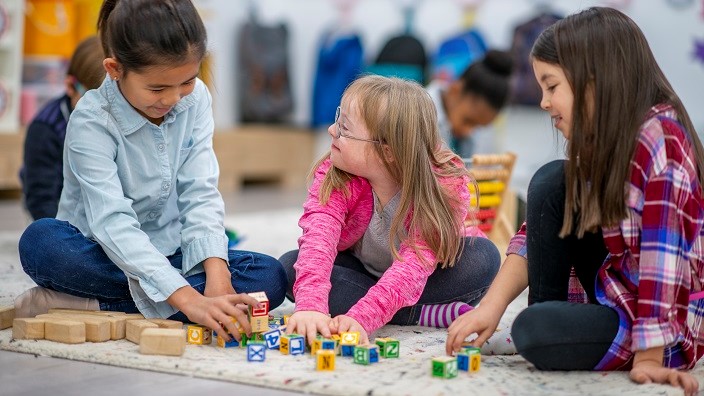 Giving your kids pocket money presents an ideal opportunity to talk about the concept of money management.
Giving your kids pocket money presents an ideal opportunity to talk about the concept of money management.
Generally speaking, money management refers to the process of saving, spending, and/or sharing.
Helping children decide how to divide their money across these three areas can be tricky if they don’t have a system in place to make it easy for them to stick to the plan.
Try our top 6 tips to make saving, spending and sharing money effortless for your children.
Why Should Kids Learn Money Management?
The main reason it is important to teach children how to manage their money is that it makes them financially literate, which contributes positively toward financial wellbeing in adulthood.
Teaching your children the best ways to manage money is essential for a strong financial future.
By developing good habits, your child learns the difference between needs and wants, debts and savings, and most importantly patience and impulse.
What is spending, sharing and saving?
Spending money
Spending could be for things like food, toys, or outings with friends.
Sharing money
Sharing is to help those less fortunate or a cause your child is passionate about, like animal welfare.
Saving money

Did you know that one third of Australians are financially illiterate?
Giving your kids pocket money presents an ideal opportunity to talk about these concepts. Help them decide how to divide the money between the three areas and then implement a system to make it easy for them to stick to the plan.
Helping kids understand spending, sharing and saving
Consider using three money boxes - labelled 'Spending', 'Saving' and 'Sharing' - with the money split between them in the agreed amounts.
This will get them used to the idea of having different bank accounts for different purposes when they’re older.
Putting the money into the boxes can be part of a weekly process that will not only help your children understand that not all money is for spending, but also establish good saving habits that can last a lifetime, and appreciate the gift of giving.




